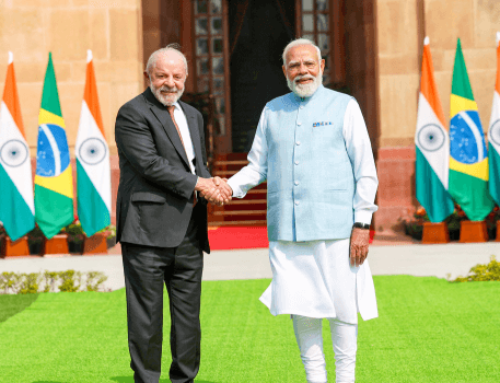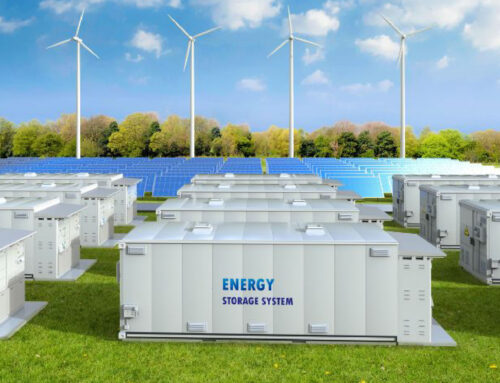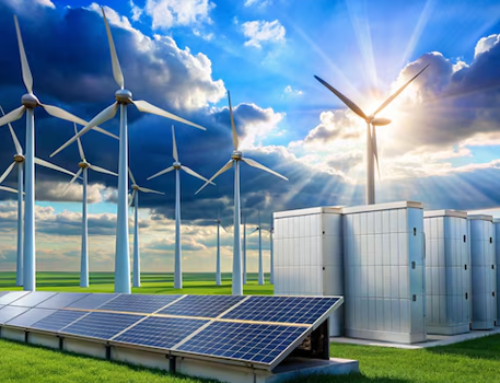
Observer status is a privilege granted by some organizations to non-members to give them the ability to participate in the organization’s activities. Observer status is often granted by intergovernmental organizations (IGO) to non-member parties and international nongovernmental organizations (INGO) that have an interest in the IGO’s activities. Observers generally have a limited ability to participate in the IGO, lacking the ability to vote or propose resolutions.
The International Solar Alliance has been granted ‘Observer’ status by the United Nations (UN) (ISA). ISA was launched in 2015 during the United Nations Climate Change Conference of the Parties (COP-21) in Paris by Prime Minister Narendra Modi and former French President Francois Hollande.
Union Minister for Power, New and Renewable Energy RK Singh called it a “historic decision,” saying it will offer a boost to the “One Sun, One Globe, One Grid” initiative, which will assist the world achieve more equitable energy solutions.
He described the United Nations’ decision to grant the ISA “Observer” status as a “stepping stone” toward the Prime Minister’s vision of “One Sun, One World, One Grid.”
He remarked that this will provide a major boost to the drive to use solar energy to bring about reasonable and equitable energy solutions.
He added that this will aid in realizing the objective of “net-zero carbon emissions through global cooperation.”
India is gradually contributing to this aim, according to the minister, by having a considerable share of renewable energy in its power mix.
The ISA strives to develop cost-effective and transformative solar-powered energy solutions to assist member countries in pursuing low-carbon growth paths.
The Least Developed Countries (LDCs) and Small Island Developing States (SIDS) are the focus of the initiative (SIDS).
Multilateral development banks, development financial institutions, business, and public sector organizations, civil society organizations, and other worldwide entities have partnered with ISA.
The organization is governed by its ‘Towards 1000’ goal, which intends to raise $1 billion in solar energy investments by 2030. It also aims to provide sustainable energy access to 1,000 million people and build 1,000 GW of solar energy capacity.
The ISA was conceived as a collaborative initiative between India and France to mobilize efforts to combat climate change by deploying solar energy technologies.
The ISA Framework Agreement now has 101 signatories, with 80 nations having completed the requisite instruments of ratification to become full members of the ISA.
Click Here for more updates Ornatesolar.com








Leave A Comment